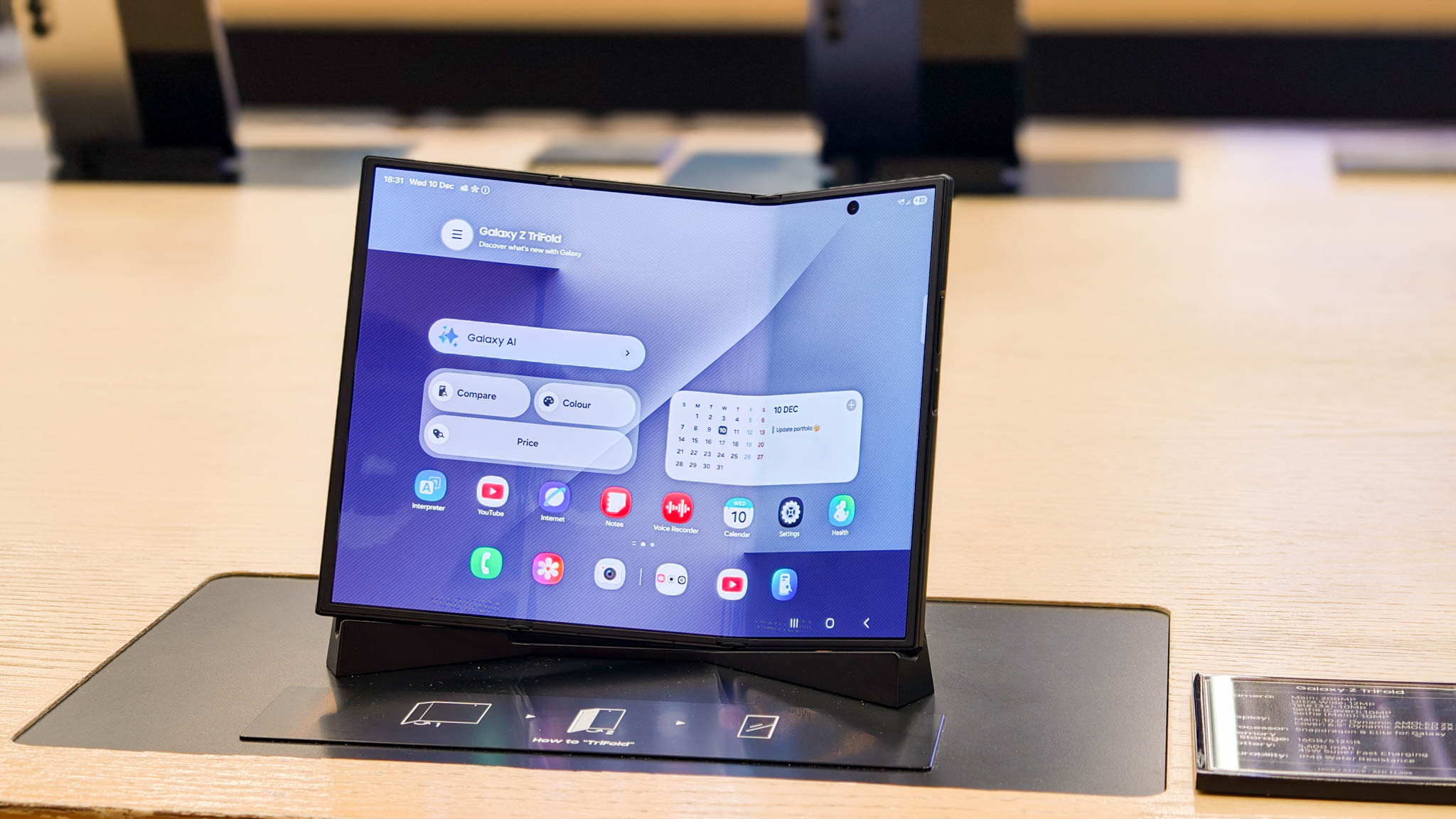Shopping on a budget? We ranked the 6 BEST Android phones under $300 in 2025
The best Android phones under $300 offer exceptional value and lots of features.
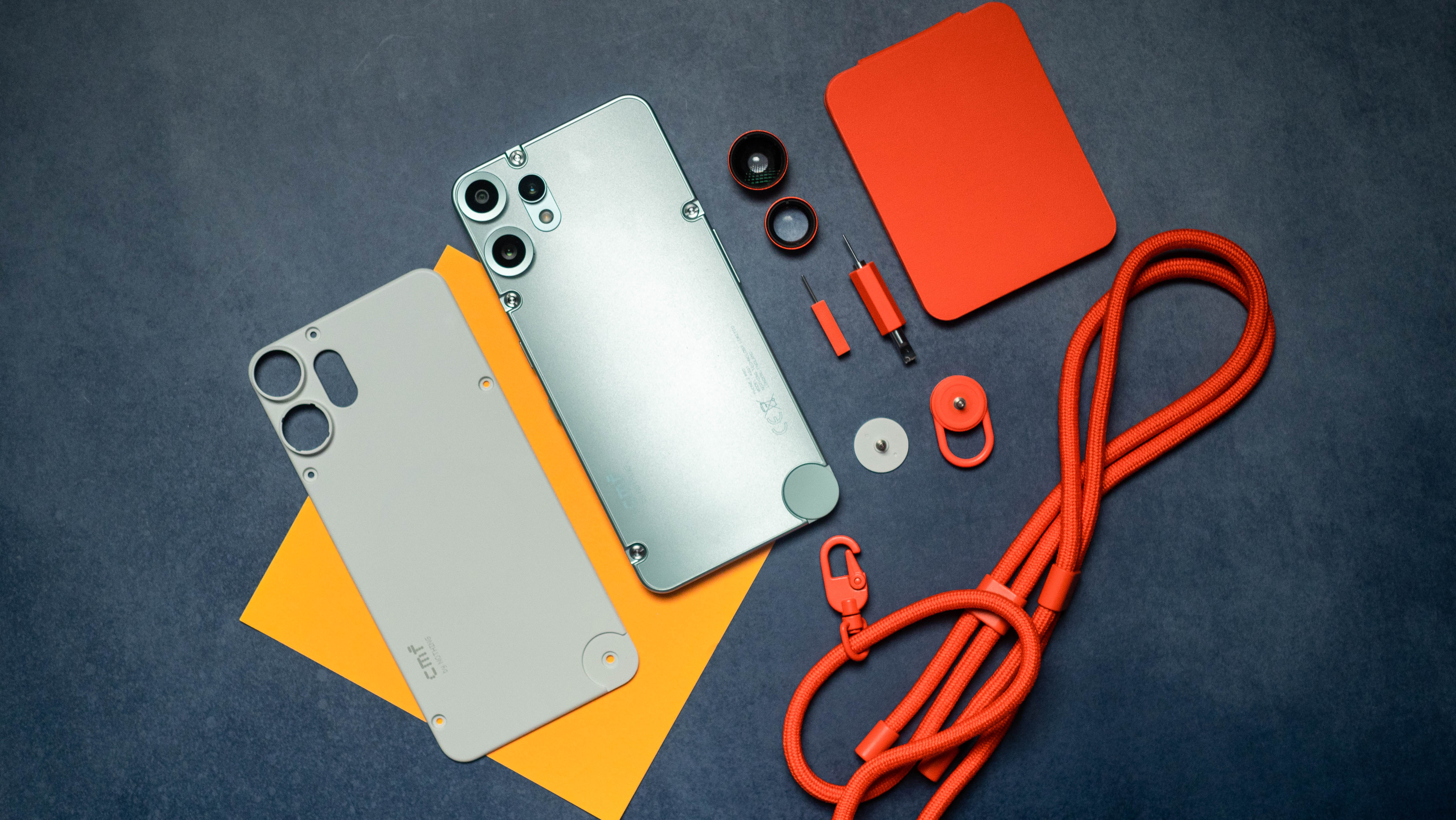
At a glance
1. Best overall
2. Best support
3. Best design
4. Best value
5. Best display
6. Best with stylus
How to choose
If you're in the market for the best Android phones under $300, you're in luck, as there are dozens of great choices to pick from. Now, $300 isn't a lot of money considering premium smartphones cost well over $1,000 these days, but you can get some truly amazing devices in this budget. Smartphone technology has evolved to a point where you can get features like IP certification, wireless charging, and incredible cameras, all at fairly reasonable prices.
Although there are quite a few options available out there, our top vote goes to the CMF Phone 2 Pro by Nothing. It's not the easiest to buy in the United States but if you can, you'll get one of the best Android experiences in this price segment. There are also some great devices from Samsung and Motorola, so keep reading to find something that'll fit your requirements and budget.

Nick grew up in a telecom-savvy household and has been reviewing phones since 2011. Whether it's waxing poetic about Nokia's glory days or flipping open the latest foldable phones, he knows what makes a good phone and can help you understand which one to pick.
At a glance
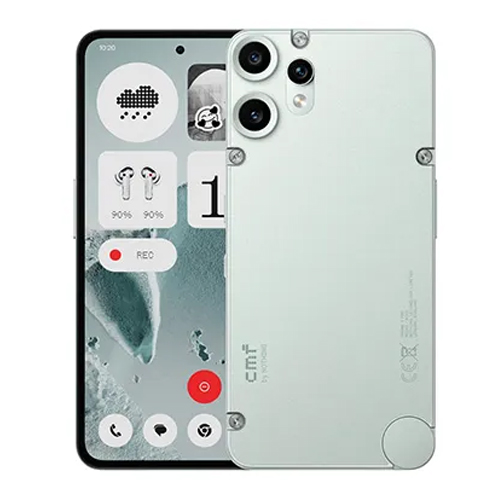
Best overall
The CMF Phone 2 Pro stands out among the competition because of its unique customizable design and great overall performance. It also has powerful cameras and a fantastic SoC, making it our best overall pick.
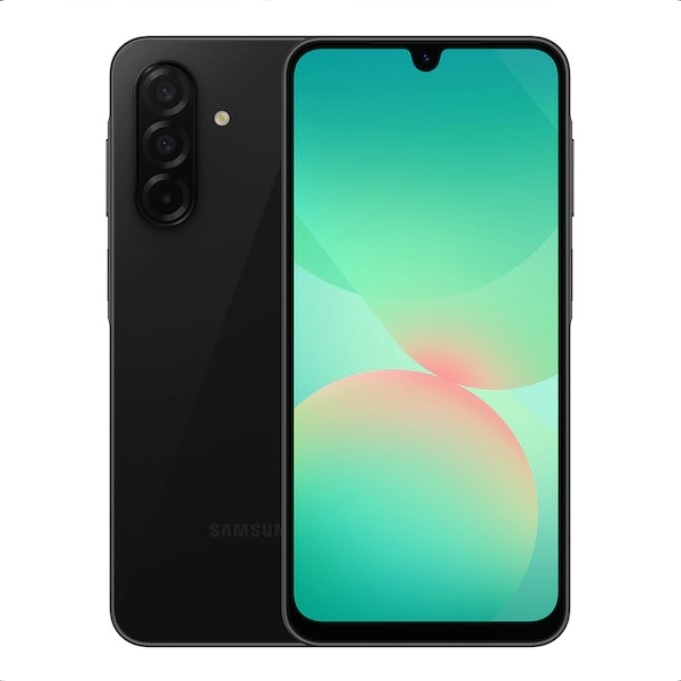
Best support
Samsung gives the Samsung Galaxy A26 5G an excellent Super AMOLED screen, a big battery, six years of software update support, and much more at a price that's just too good to resist.
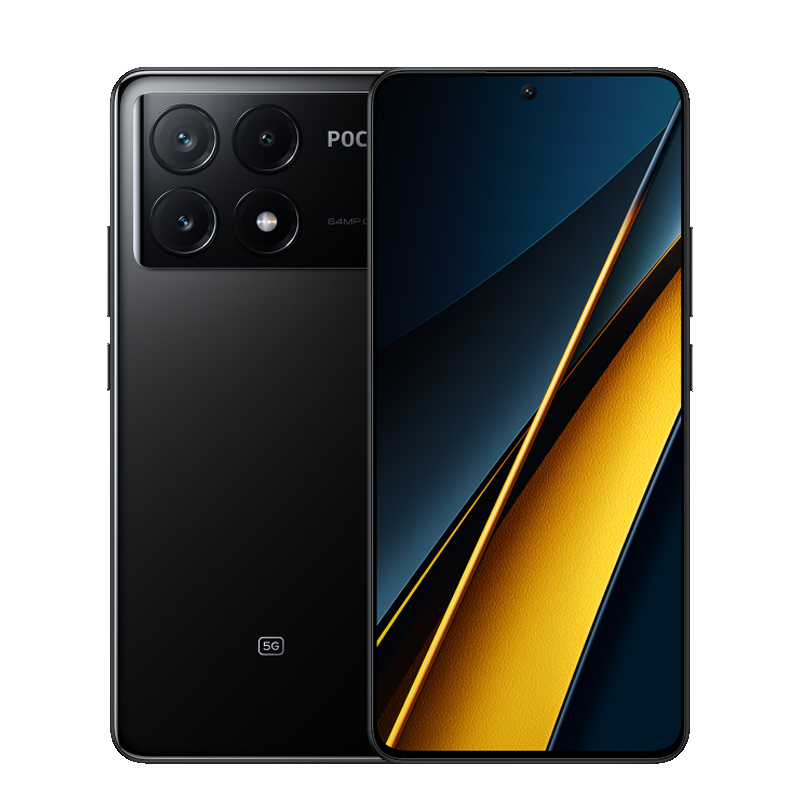
Best design
There's a lot to love about the Poco X6 Pro, but its design will be the first standout feature—especially if you choose the yellow vegan leather version. The device also includes fast 67W charging, a superb main camera, and more.
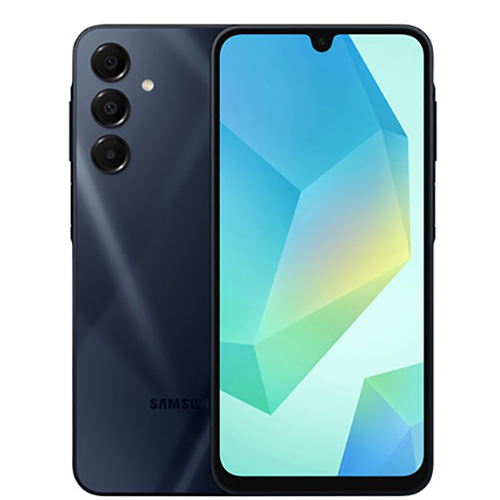
Best value
With the Samsung Galaxy A16 5G, you can get a good phone without spending a lot of money. You get a phone with an elegant Samsung design, a 50MP camera, and the latest 5G technology. A bonus is the six years of Android updates.
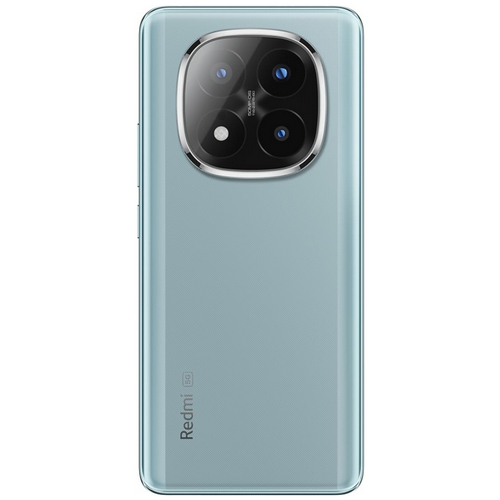
Best display
The Xiaomi Redmi Note 14 Pro+ sports an incredible curved AMOLED panel that makes it ideal for content consumption. You also get great build quality, solid primary cameras, and a big 6,200mAh battery.
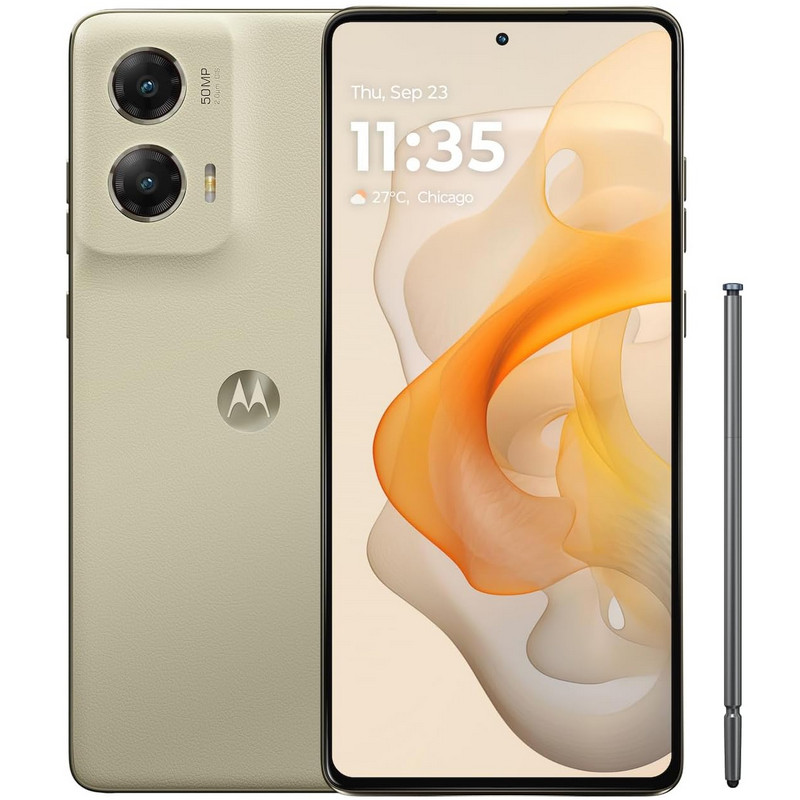
Best with stylus
The Moto G Stylus 5G (2024) is easy to use for writing notes and precise screen interactions. Despite being a previous-gen model, it continues to be a fantastic value and offers many practical benefits for under $300.
Best overall
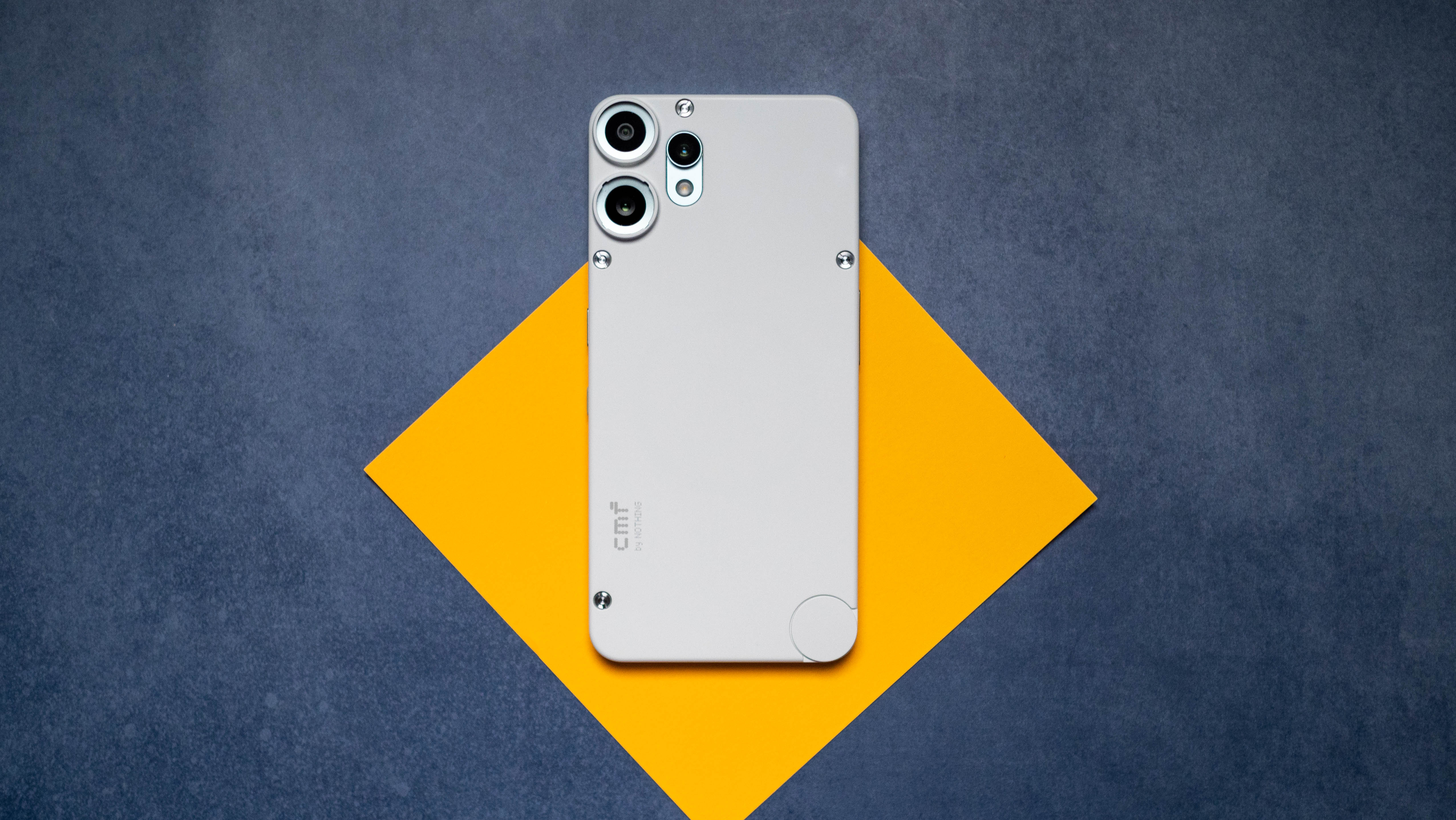
Specifications
Reasons to buy
Reasons to avoid

Harish Jonnalagadda tries to make sense of the befuddling maze that is the Asian smartphone industry. Before switching to phones, he used to write about PC hardware, covering motherboards and video cards. When he's not playing with the latest phones, he's either reading on his Kindle or trying to clear his backlog of games on Steam. He can also be found shouting at the TV over the weekends at Arsenal's continued woes.
Nothing's budget sub-brand CMF hit it out of the park with its debut CMF Phone 1, and it has done wonders once again with the Phone 2 Pro. The latest model no longer has the removable back cover of the original, but Nothing has found a more elegant solution with a universal back cover that enables the use of multiple accessories. The CMF Phone 2 Pro is a lot slimmer and lighter than its predecessor, making it easier to live with.
The CMF Phone 2 Pro now uses a flexible AMOLED panel with slimmer bezels on all sides, higher peak brightness, and a more dynamic refresh rate. Even though the phone uses a now older MediaTek chipset, Nothing has done a great job in terms of optimizing it as there isn't any noticeable lag during usage.
The cameras on the CMF Phone 2 Pro are pretty great as well, for the segment. Daylight shots come packed with good details and vibrancy, and even low-light stills deliver good colors with no visible noise. And of course, the Nothing OS is clean and has a good level of customizability. The phone even has the dedicated Essential Key that debuted with the Nothing Phone 3a Pro, and it allows you to quickly access the Essential Space dashboard.
Best support
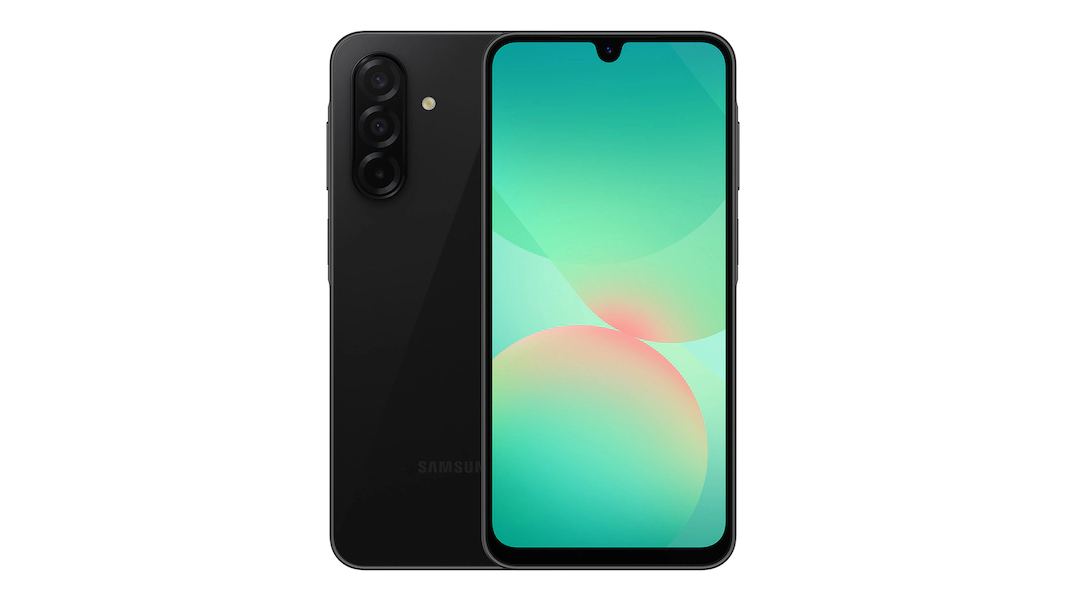
2. Samsung Galaxy A26 5G
Our expert review:
Specifications
Reasons to buy
Reasons to avoid
In typical A-series fashion, the new Samsung Galaxy A26 5G delivers excellent value for money. The super-affordable phone has a 6.7-inch Super AMOLED panel with a resolution of 1080x2340 pixels and a smooth 120Hz refresh rate. The waterdrop-style notch has become a little long in the tooth, but the screen still gets pretty bright and works well for everyday usage.
Powered by the company's homegrown Exynos 1380 SoC, the Samsung Galaxy A26 5G has 6GB of RAM and 128GB of internal storage. These specs may not be the best out there, but they are good enough for web browsing and casual gaming tasks. You even get an expansion slot that can hold microSD cards up to 1TB, allowing you to carry your entire media library in your pocket.
In a first, Samsung supplies six years of OS and six years of security updates. The phone runs Android 15 (with Samsung's One UI 7 overlay), which is impressive for an A series phone. This excellent update policy alone makes the Samsung Galaxy A26 5G one of the best Android phones in its price segment.
The smartphone has a triple-lens rear system with a 50MP primary unit, an 8MP ultra-wide module, and a 2MP macro sensor. The smartphone should be able to shoot decent images in well-lit conditions. As expected, the macro lens is probably not the best and simply exists to pad the spec sheet. There's a 13MP unit for selfies and video calls. Samsung also adds a 5,000mAh battery with 25W wired charging support.
Best design
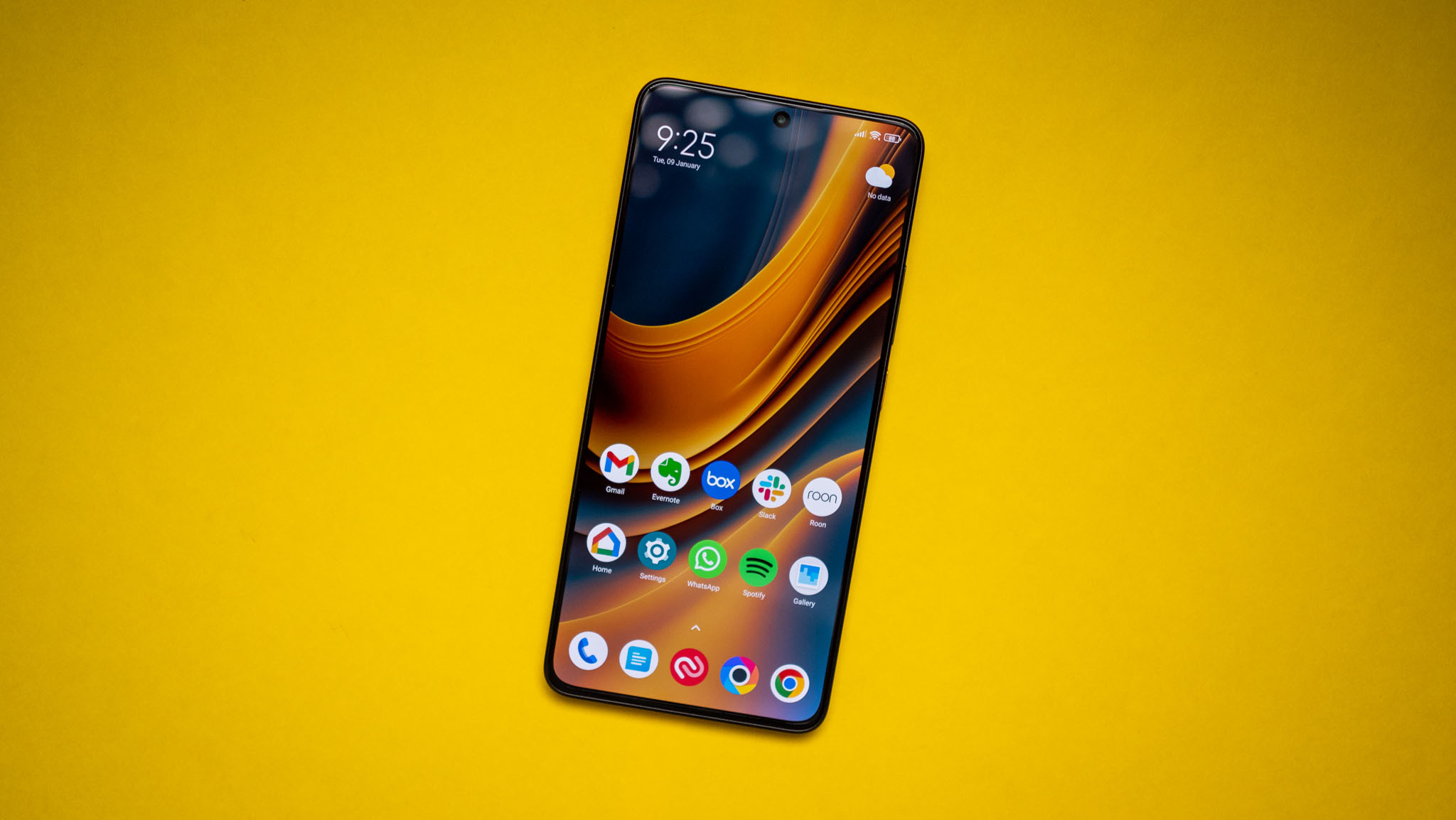
Specifications
Reasons to buy
Reasons to avoid

Harish Jonnalagadda tries to make sense of the befuddling maze that is the Asian smartphone industry. Before switching to phones, he used to write about PC hardware, covering motherboards and video cards. When he's not playing with the latest phones, he's either reading on his Kindle or trying to clear his backlog of games on Steam. He can also be found shouting at the TV over the weekends at Arsenal's continued woes.
The image above should be enough to persuade you to get the Xiaomi Poco X6 Pro. Even though it's now a last-generation model, it still has the looks to kill and the build quality to match. The yellow colorway looks striking and elegant, with a vegan leather back. The smartphone also has an AMOLED screen up front, and it is easily among the best you'll find on any mid-range phone, much less in the sub-$300 price bracket.
The phone's super-fast SoC, 8GB or 12GB of RAM, and speedy UFS 4.0 storage all help in making for a snappy user experience than most in its class, while giving you loads of power for multitasking and gaming. The downside here is that the chipset is too powerful to run without a more expensive internal cooling system, so you should expect the phone to heat up during longer gaming sessions.
Thankfully, the MediaTek Dimensity 8300 Ultra SoC doesn't negatively affect the battery life—quite the opposite! Our reviewer, Harish Jonnalagadda, noted that the Poco X6 Pro sports "standout battery life" and ultra-fast 67W wired charging support.
The Poco X6 Pro comes with Xiaomi's HyperOS on top of Android 14. This OS has plenty of convenient features and an excellent UI design, and Xiaomi says it will give the phone three years of promised updates. That means you'll see Android 16 plus one additional year of security updates before you consider upgrading again.
Finally, the 64MP primary camera unit is quite good, but the rest aren't worth using—particularly that useless 2MP macro unit. Only the manufacturers know why they continue to add a 2MP sensor in 2025, but we recommend not using it.
Best value
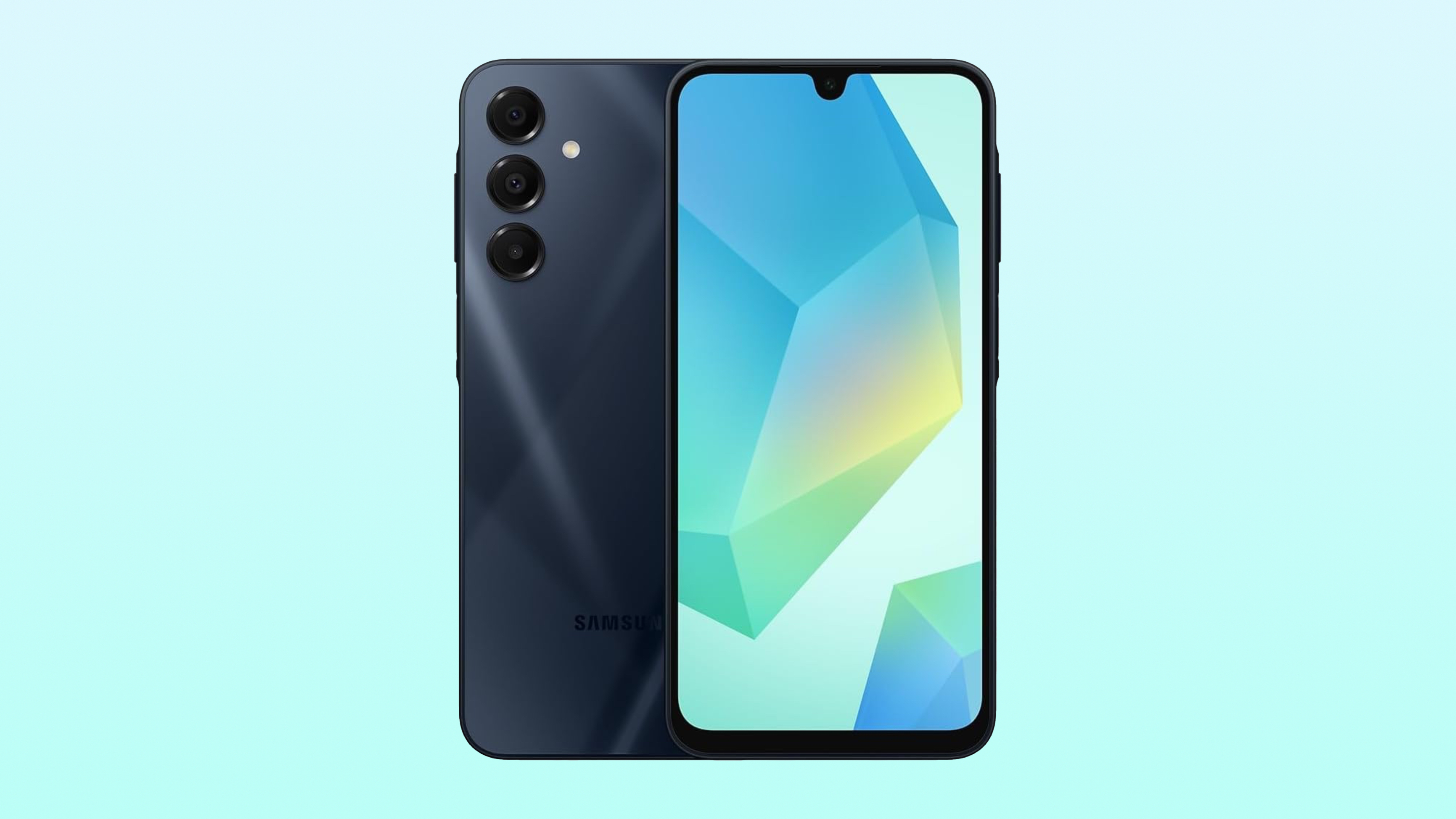
4. Samsung's Galaxy A16 5G
Our expert review:
Specifications
Reasons to buy
Reasons to avoid

Nick has been reviewing phones since 2011, using everything from dirt-cheap no-name brands to the most expensive flagships from companies like Samsung and Google. He's a huge fan of folding phones and anything breaks the mold. He's also an avid photographer and can commonly be found carrying around three or four phones at a time for camera comparisons.
While it's certainly no flagship, the Samsung Galaxy A16 5G is a fabulous choice for anyone who just wants a reliable everyday smartphone that doesn't cost a fortune. Priced at $199.99 unlocked, this device offers incredible value for money and is easily one of the best cheap Samsung phones available in the market. You get a 6.7-inch Super AMOLED panel with a resolution of 1080x2340 pixels and a 90Hz refresh rate, along with an IP54 rating for dust and water resistance.
Powered by a Samsung Exynos 1330 or a MediaTek Dimensity 6300 chipset, the Galaxy A16 5G works well for casual usage. You also get 4GB of RAM and 128GB of internal storage, as well as a microSD expansion slot. Running Android 14 out of the box, the phone is eligible for six years of OS updates, which alone puts it in a league of its own. There's a triple-lens primary camera setup as well, but don't expect it to compete with the best Android camera phones out there.
As far as connectivity and I/O are concerned, the Galaxy A16 5G has all the basics such as Wi-Fi, multi-band 5G, and even NFC for contactless payments. You get a 5,000mAh battery with 25W wired charging support as well.
Best display
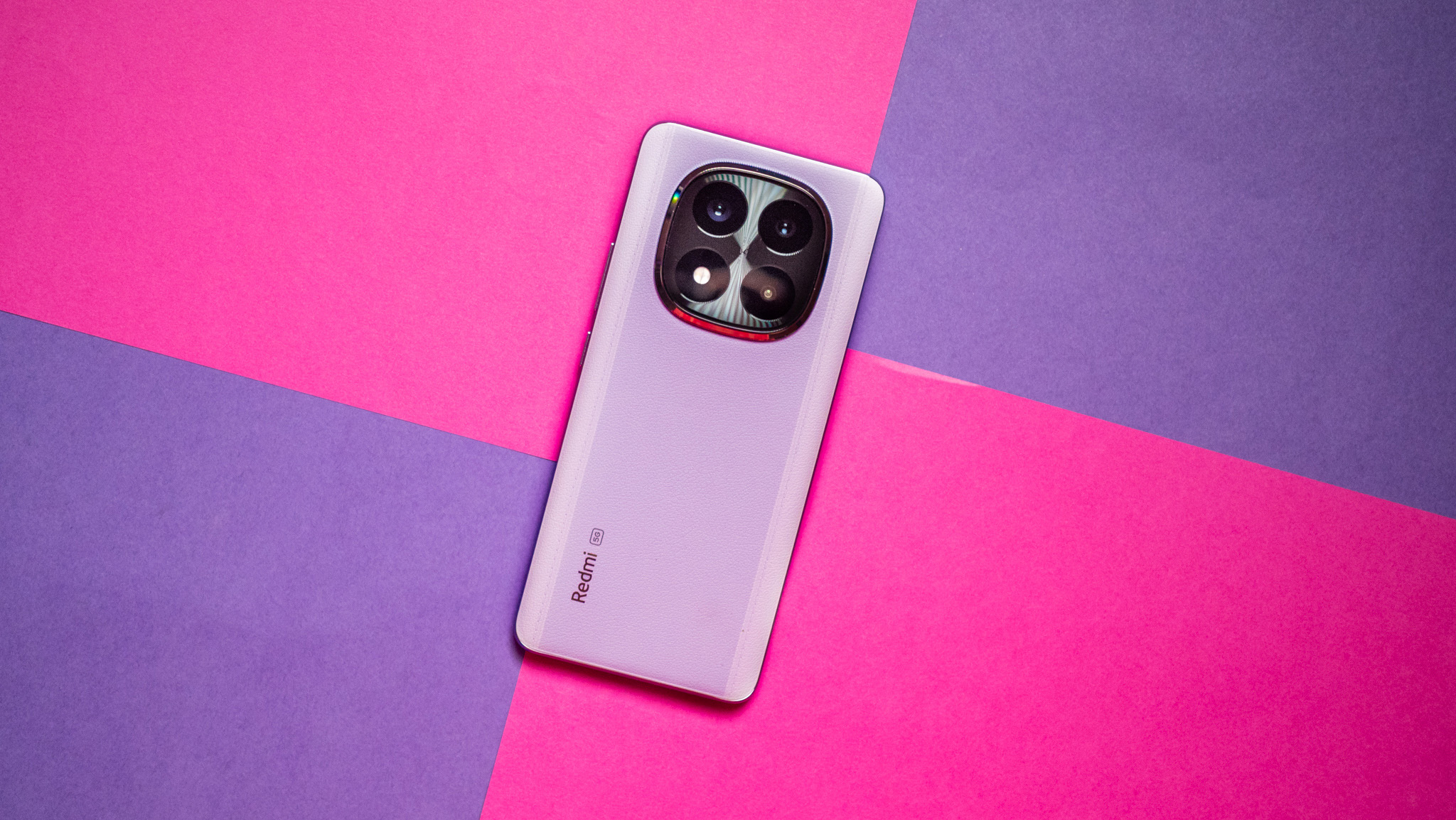
Specifications
Reasons to buy
Reasons to avoid

Harish Jonnalagadda tries to make sense of the befuddling maze that is the Asian smartphone industry. Before switching to phones, he used to write about PC hardware, covering motherboards and video cards. When he's not playing with the latest phones, he's either reading on his Kindle or trying to clear his backlog of games on Steam. He can also be found shouting at the TV over the weekends at Arsenal's continued woes.
If your smartphone is your primary content consumption device, we suggest checking out the Redmi Note 14 Pro+ from Xiaomi. With a starting price of just over $300, it has an incredible 6.67-inch AMOLED screen that won't look out of place in a smartphone costing hundreds of dollars more. The curved panel features a resolution of 1220x2712 pixels and can hit up to 3000 nits of peak brightness. You also get up to a hundred percent coverage of the DCI-P3 color space, a 120Hz refresh rate, and the display can be used even when it's wet. Oh, and the panel is also secured with a layer of Corning Gorilla Glass Victus 2. Whether it's binge-watching 4K HDR movies or playing games, you're going to love this display.
The Xiaomi Redmi Note 14 Pro+ is powered by Qualcomm's Snapdragon 7s Gen 3 SoC and comes with up to 12GB of RAM and up to 512GB of onboard storage. Sure, this is not the most powerful hardware out there, but it gets the job done when it comes to everyday usage tasks. Gaming performance is quite good too, as noted by Android Central's Harish Jonnalagadda in his review of the phone. There's a triple-lens primary camera system at the back that's actually quite decent (for the price) and works well in all kinds of lighting conditions. However, it's the software that remains disappointing, with the smartphone running Android 14 out-of-the-box and having a whole bunch of bloatware preinstalled. There are a bunch of AI-based features as well.
In terms of connectivity and I/O, the Redmi Note 14 Pro+ includes all the essentials like multi-band 5G and even an IR blaster. Battery life is quite good, with the smartphone packing a 6,200mAh silicon-carbon battery with support for 90W wired charging with the included charger.
Best with stylus
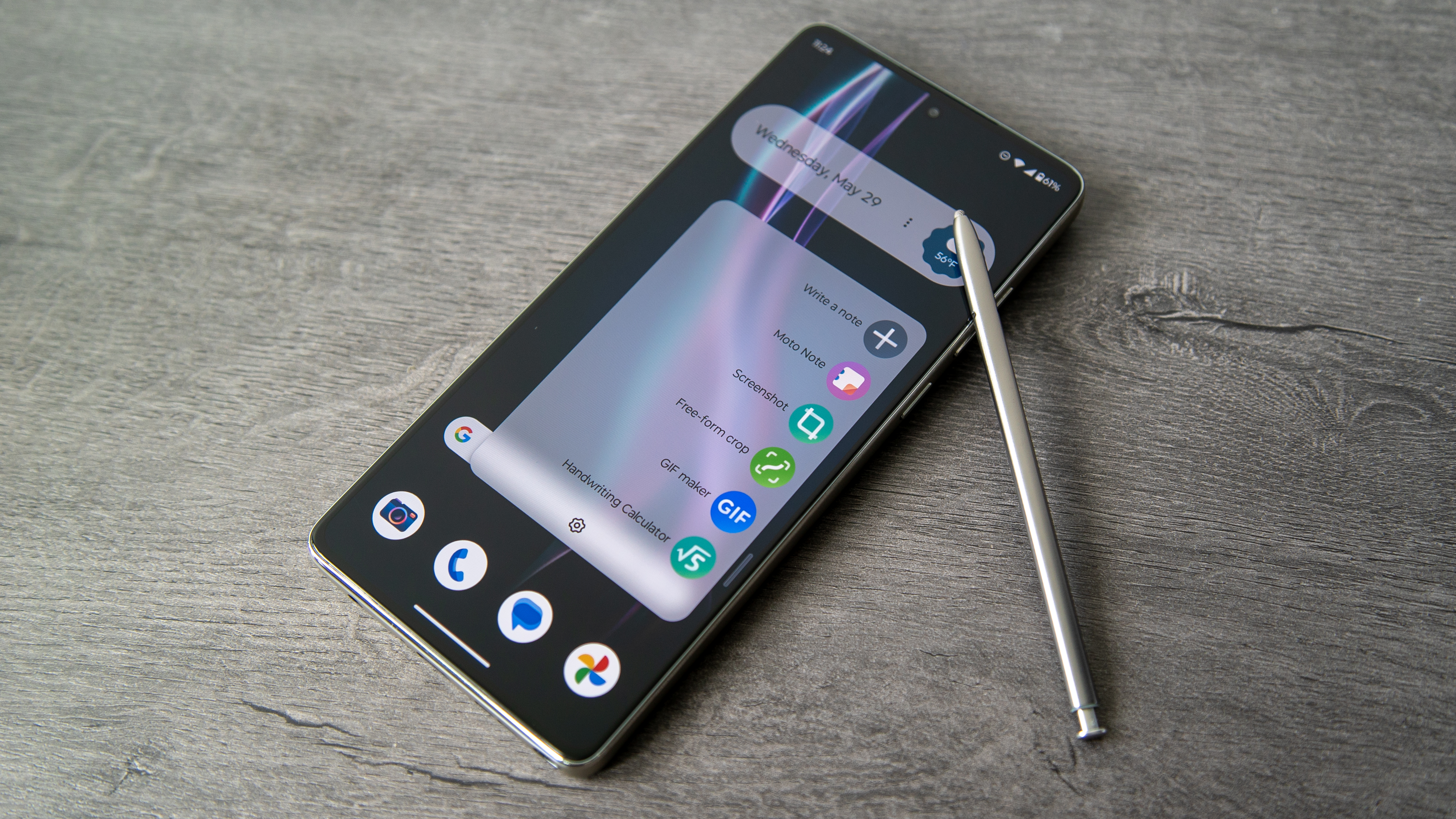
Specifications
Reasons to buy
Reasons to avoid

Derrek resides on the Best Coast, originally from San Diego, and now living in Seattle. He's a long-time mobile tech enthusiast, starting with an obsession with Nokia that began at the age of 12. Since then, he's been lovingly known by most of his friends as the "Phone Guy." When he's not talking tech, he's either working out, hiking, playing video games (Playstation), or making videos.
Motorola has been refining its brand consistently over the last few years. Owned by Lenovo, the company has created and released some of the best foldable phones in the market and continues to launch different products that look and feel amazing. The Moto G Stylus 5G (2024) is the ideal example, sporting a stylish design clad in vegan leather and a lovely stylus inside its svelte frame. Yes, this is now a previous-gen model, but it still remains a fantastic phone, even more so if you consider the discounted price of well under $300.
The Qualcomm Snapdragon 6 Gen 1 under the hood isn't the fastest chipset on this list, but it's still quicker than the one found in many smartphones that often have much higher prices. Of course, the main draw of this smartphone isn't the performance; it's the stylus that comes bundled with it.
Motorola has a suite of software features custom-designed to work with the stylus. Even though it isn't an active stylus like you'll find on the uber-premium Samsung phones, such as the Samsung Galaxy S25 Ultra, it's still good to have one to jot down quick notes or annotate images and screenshots. You can even quickly grab it since it's always inside the phone!
Motorola has also upgraded the cameras, outfitting the phone with surprisingly good image-capturing hardware, including an ultrawide-angle lens. Our reviewer, Derrek Lee, was really wowed with the image quality and specifically lauded the phone for that feature. The Moto G Stylus 5G (2024) has a 50MP wide-angle sensor and a 13MP ultrawide module.
While Motorola ships this device with Android 14 and its excellent Hello UX—complete with all our favorite Motorola gestures, such as double-chop to turn on the flashlight—the Moto G Stylus 5G (2024) will only get updated to Android 15, although the three years of security updates to guarantee should ensure a safe experience for quite some time. So, if you don't care much about updates and want to focus on stylus support, this is an excellent choice for under $300.
How to choose
While there's no doubt that the best Android phones offer you an unpaired user experience with features such as top-of-the-line cameras and wireless charging, these phones can be pricey. If you can't (or don't want to!) spend thousands of dollars on a flagship smartphone, you can easily find one that fits your needs for under $300.
The downside of choosing a more affordable phone is that it lacks the latest features and has limited software support. But the good news is that you get all the essential features while having some extras. So, before deciding, look at what features you need the most.
Our top choice is the CMF Phone 2 Pro, a brilliant pick in this segment with an option to upgrade the RAM and the storage for a little more. Even at that price, it's still a better phone than any other on this list. The phone features a bright and beautiful—but also eye-friendly—AMOLED display, a powerful chipset, a solid camera system, and a unique back cover design that supports accessories.
For serious long-term value, the Samsung Galaxy A26 5G is the perfect choice. While its SoC isn't the fastest on this list, Samsung gives it six years of extended software support! That means Samsung will update it to Android 21 before you need to find a new option, something no other phone on this list (except for the Galaxy A16 5G) can claim. That's great if you like using your phone(s) for a long time.
Lastly, if we compare affordable phones with those that aren't so affordable, we can't ignore the Moto G Stylus 5G (2024). This phone has a swanky vegan leather back panel and an integrated stylus to give it a more premium vibe. The phone also has NFC for contactless payments; another feature usually found in flagship phones.
More Android phones under $300
More places to buy affordable Android phones
Why you can trust Android Central
- Best Android phones under $400
- Best Android phones for students
- Best sustainable and repairable phones
- Best Android phones with removable batteries
- Samsung Galaxy A series phones: Your complete buyer's guide
Get the latest news from Android Central, your trusted companion in the world of Android

Namerah enjoys geeking out over accessories, gadgets, and all sorts of smart tech. She spends her time guzzling coffee, writing, casual gaming, and cuddling with her furry best friends. Find her on Twitter @NamerahS.
- Roydon CerejoContributor
- Patrick FarmereCommerce Editor
